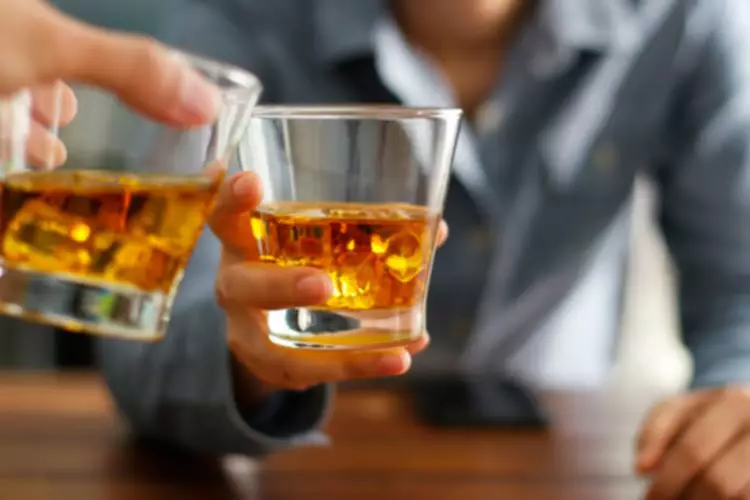


It makes people — even their closest friends — less willing to spend time with them. It can have a major impact on their family members’ quality of life and even be a detriment to the healthy development of any children they have. In the study, there were 34 randomly determined trials, and the researchers made sure that the participant won half of them. Each time the participant was randomly selected to lose, they received an electric shock that increased in length and intensity over the course of the trials. This allowed researchers to identify if participants would react to the shocks that they believed an opponent had given them by retaliation with a more aggressive shock. Everyone breaks down booze differently due to variations in enzymes called ADH and ALDH2.

On a broader scale, implementing effective policies to reduce alcohol-related violence is crucial. This might involve stricter regulations on alcohol sales, increased funding for addiction treatment programs, or public health campaigns aimed at changing societal attitudes towards drinking and aggression. While addressing angry drunk behavior is important, prevention is always better than cure.

So here’s my call to action – next time you see someone turning into an ‘angry drunk’, don’t turn a blind eye. Instead, try reaching out with compassion because understanding is the first step towards resolution. Let’s strive together for healthier relationships with alcohol – for ourselves and our society. But don’t get me wrong – being an ‘angry drunk’ doesn’t mean someone is necessarily violent or dangerous all the time. Many factors come into play here like amount consumed, frequency of drinking and personal temperament.

Rather surprisingly, why do some people get angry when they drink however, people tended to drink – and drink heavily – on days when they were in a good mood. The drunken participants who focused on the present shocked their imaginary opponents longer and harder than those with similar impulsive personalities who drank the placebo. Meanwhile, drunkenness had little effect for future-focused participants. Then they gave some participants a drink consisting of five parts orange juice to one part strong alcohol (190 proof).
This was a massive study of 33,215 individuals with no history of active military combat. An increase in anger after trauma and the use of alcohol to cope with PTSD symptoms were stronger predictors of physically aggressive or violent acts than a lifetime diagnosis of PTSD without what is alcoholism anger. While the neurochemical effects of alcohol are universal, not everyone becomes an angry drunk. This is where psychological factors come into play, creating a perfect storm for some individuals when combined with alcohol’s effects on the brain. Understanding the psychology behind alcohol-induced anger is crucial for several reasons.
Drinking can lead to increased aggression, as people may be more likely to pick fights or engage in verbal arguments when they are intoxicated. People who are drinking may also be more likely to ignore social cues, such as when someone is trying to de-escalate a situation. All of these factors can contribute to a person becoming angry when they are drinking. When someone drinks alcohol, it can interfere with their ability to think https://ecosoberhouse.com/ clearly and make rational decisions.

However, with the right guidance and support to manage their anger and limit alcohol intake, they can improve. However, research shows a link between alcohol and an increase in aggressive behaviors, especially between romantic partners. If your partner becomes physically aggressive, prioritize your own safety. Distance yourself and get to a safe place, and if necessary, call a friend or other loved one if you need help. If you’re interested in working with a professional, BetterHelp has a network of licensed professionals with years of experience.